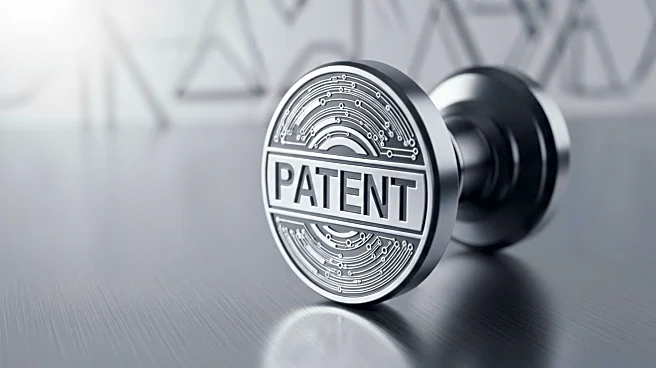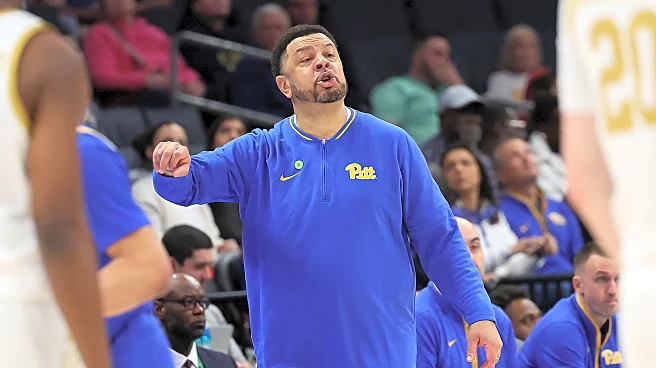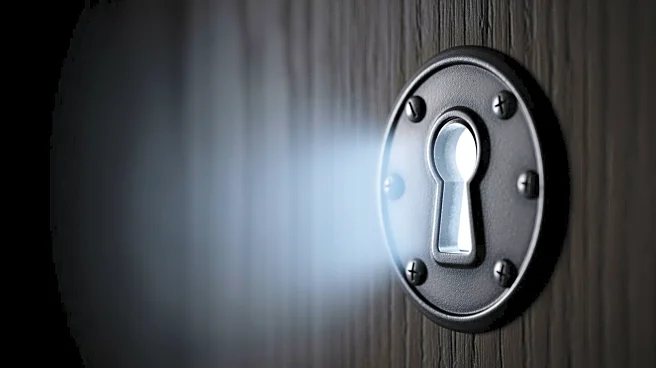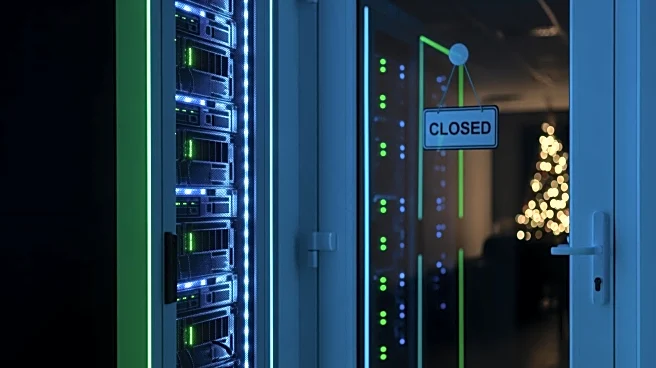What's Happening?
The Federal Circuit recently reviewed a rare patent dispute resolution process under the America Invents Act (AIA) in the case of Global Health Solutions LLC v. Selner. This marks the first time the court has engaged in an AIA derivation proceeding at the Patent Trial and Appeal Board (PTAB). The case involved a dispute over the inventorship of a patent application related to a method of preparing a biocidal ointment. The PTAB found that inventor Selner independently conceived the invention before receiving communication from inventor Burnam, who claimed to have conceived the invention first. The Federal Circuit upheld the PTAB's decision, emphasizing the importance of documenting inventive processes and filing patent applications before engaging in discussions with third parties.
Why It's Important?
This decision underscores the complexities and challenges associated with proving misappropriation of an invention under the AIA. It highlights the need for inventors and companies to maintain thorough documentation and file patent applications promptly to protect their intellectual property. The ruling serves as a cautionary tale for those involved in joint development or discussions with third parties, emphasizing the risks of collaborative inventive activities without proper agreements. The case illustrates the importance of having evidence to corroborate independent conception, which can be crucial in legal proceedings related to patent disputes.
What's Next?
Inventors and companies may need to reassess their strategies for protecting intellectual property, particularly in collaborative environments. The decision may prompt increased use of joint development agreements to clearly define ownership of inventions and pre-existing intellectual property. Additionally, parties involved in inventive activities might prioritize filing patent applications before engaging in third-party discussions to avoid potential derivation proceedings. Legal professionals and patent holders will likely continue to monitor developments in AIA derivation cases to better understand the implications for patent law and intellectual property rights.
Beyond the Headlines
The case highlights ethical considerations in patent law, particularly the balance between collaboration and individual ownership of inventions. It raises questions about the fairness of the first-to-file system and the potential for disputes over inventorship. The decision may influence long-term shifts in how inventors approach documentation and communication of their ideas, potentially leading to more stringent practices in the industry.











